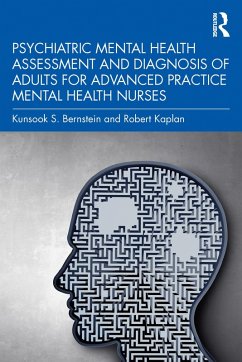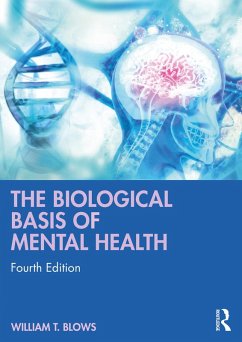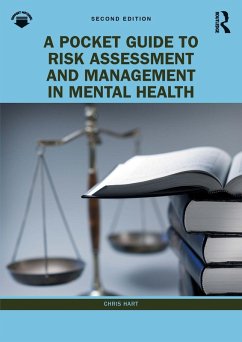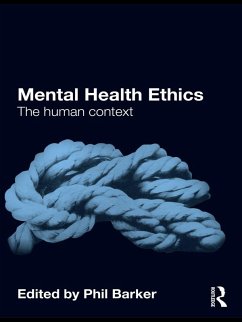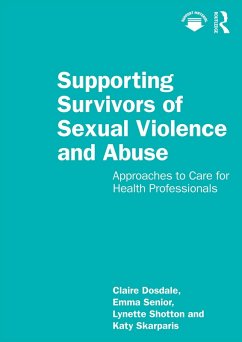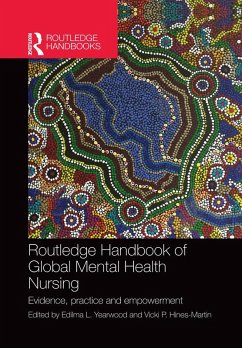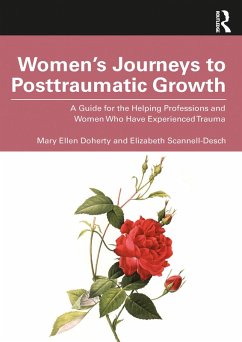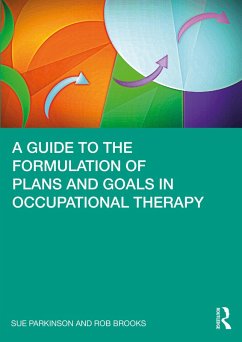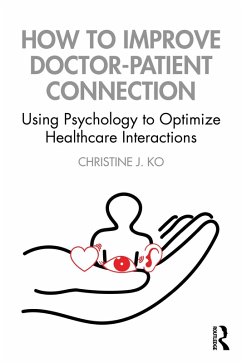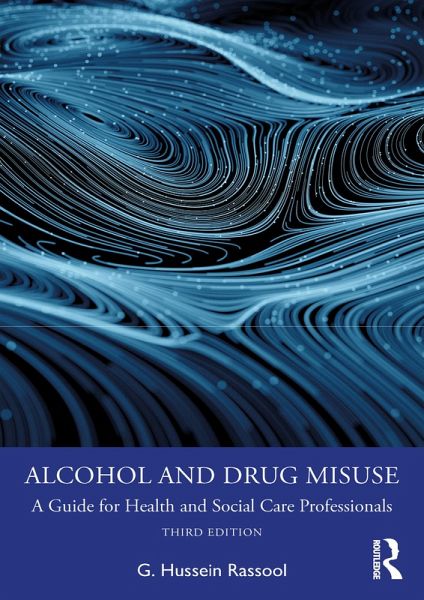
Alcohol and Drug Misuse (eBook, PDF)
A Guide for Health and Social Care Professionals
Versandkostenfrei!
Sofort per Download lieferbar
39,95 €
inkl. MwSt.
Weitere Ausgaben:

PAYBACK Punkte
20 °P sammeln!
This comprehensive textbook provides an accessible and skills-oriented introduction to alcohol and substance misuse for healthcare students and practitioners new to the field.Divided into five parts, this text explores: The context of alcohol and drug misuse and the nature and theories of addiction, including a historical overview and policy initiatives in contemporary society. An overview of psychoactive substances and the problems associated with them. An exploration of the impact of psychoactive substances on groups, such as culturally and linguistically diverse communities, young people, ...
This comprehensive textbook provides an accessible and skills-oriented introduction to alcohol and substance misuse for healthcare students and practitioners new to the field.
Divided into five parts, this text explores:
This new edition is fully updated and includes expanded coverage of performance-enhancing drugs, e-cigarettes, cannabis use, gender disparities in substance use and treatment, public health approaches to substance use, and screening tools for alcohol misuse. Alcohol and Drug Misuse is enhanced with activities and learning outcomes throughout.
It is essential reading for nursing, healthcare, and social work students taking substance misuse modules, as well as related post-registration/qualification courses for health and social care professionals.
Divided into five parts, this text explores:
- The context of alcohol and drug misuse and the nature and theories of addiction, including a historical overview and policy initiatives in contemporary society.
- An overview of psychoactive substances and the problems associated with them.
- An exploration of the impact of psychoactive substances on groups, such as culturally and linguistically diverse communities, young people, women, older people, and the homeless.
- An understanding of the generic role responses to substance misuse in a variety of different settings and contexts, including primary care, the community, and hospitals.
- A framework for assessment, care planning, harm reduction approaches, dealing with overdose, intoxication and withdrawals, and psychological and pharmacological interventions.
This new edition is fully updated and includes expanded coverage of performance-enhancing drugs, e-cigarettes, cannabis use, gender disparities in substance use and treatment, public health approaches to substance use, and screening tools for alcohol misuse. Alcohol and Drug Misuse is enhanced with activities and learning outcomes throughout.
It is essential reading for nursing, healthcare, and social work students taking substance misuse modules, as well as related post-registration/qualification courses for health and social care professionals.
Dieser Download kann aus rechtlichen Gründen nur mit Rechnungsadresse in A, B, BG, CY, CZ, D, DK, EW, E, FIN, F, GR, HR, H, IRL, I, LT, L, LR, M, NL, PL, P, R, S, SLO, SK ausgeliefert werden.





